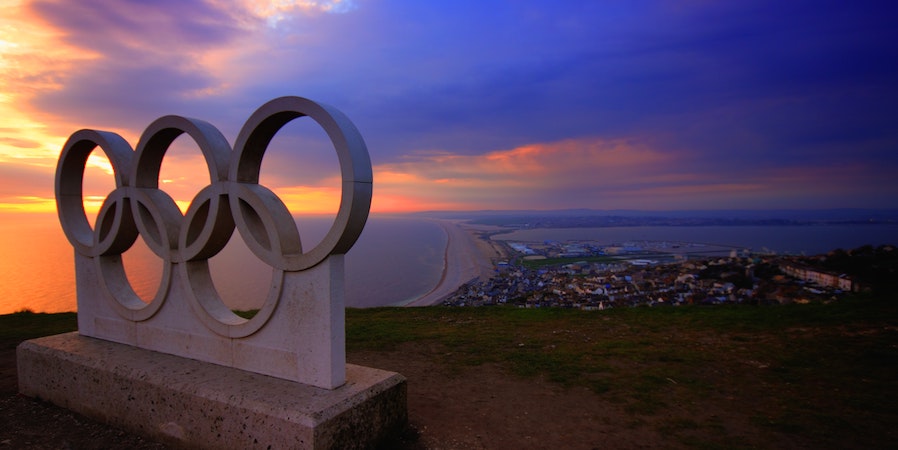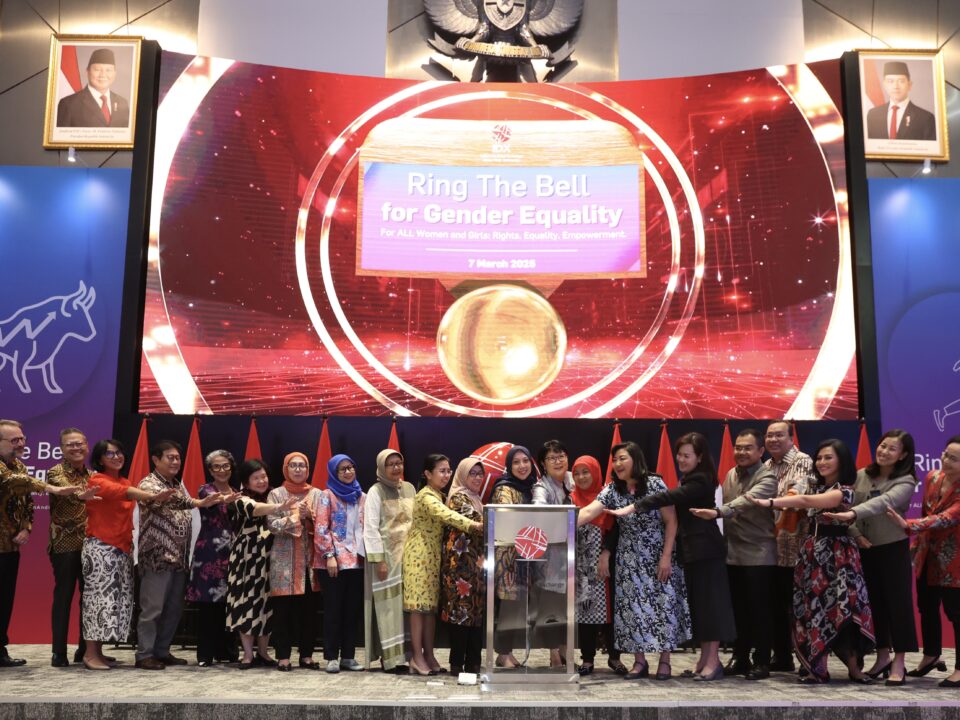
How to be Someone Who Has Gender Intelligence at Work?
December 24, 2023
Gender Bias Training
December 24, 2023The International Olympic Committee noted that the 2020 Tokyo Olympics would be the first time in Olympic history as an event with nearly equal participation of women and men. Likewise, the participation of women employee in committees has increased from previous years.
History of Women in the Olympics
1896
Founder of the International Olympic Committee, Baron Pierre de Coubertin, prohibits women from competing the inaugural Olympics.
1900
Only 22 women out of approximately 1,000 athletes who compete and they are only allowed to compete in five sports such as tennis, boating, croquet, horse riding and golf.
1900-1952
Females athletes no more than 10 percent of the participants.
1900-2012
Women are only allowed to compete in some sports.
2014
The International Olympic Committee begins planning to achieve 50 percent participation of women in the Olympics.
2021
There will be 48.8 percent of female athletes in the 2020 Tokyo Olympics. The top five countries sending gender balanced teams are the United States, China, Great Britain, Russia, Australia. In addition, for the first time, each participating country must nominate one woman and one man as flag bearers in the opening ceremony.
The Role of Women in the 2020 Tokyo Olympics
Seiko Hashimoto replaces Yoshiro Mori as Chair of the Tokyo Organizing Committee for the Olympics Games. Seiko Hashimoto is a seven-time Olympic winner, a former Japan Olympics Minister, and a Minister for Women’s Empowerment and Gender Equality since 2019.
Hashimoto announced that the Tokyo Organizing Committee for the Olympics Games had formed a gender equality promotion team and their first job was to increase the proportion of women on the council to 40 percent.
The current state of women’s participation in the International Olympic Committee are 37 percent women of the members, 33 percent of women on executive boards, 53 percent of women in administration, and 47.8 percent women members of the International Olympic Committee commissions that advise organizations on specific issues such as ethics, science, and athletes.
However, gender equality is not only about increasing the participation of female athletes or women committee employees but also about building a women-friendly work environment that allows them to produce maximum performance with equal opportunities and access.
Preparations for the 2020 Tokyo Olympics were not free from gender bias yet. Yoshiro Mori, resigned in February 2021 for making stereotypical comments on women. “If we increase the number of female board members, we have to make sure their speaking time is restricted somewhat, they have difficulty finishing, which is annoying.”
Hiroshi Sasaki, who was in charge of the opening and closing ceremonies of the 2020 Tokyo Olympics, also resigned in March 2021 for giving the impression that female athletes could make the Olympics an “Olympig”.
Although it has not yet achieved full gender equality, this progress needs to be appreciated. These improvements will be the impetus for the next Olympics or other sporting activities and committees to create equal opportunity and access and a women-friendly work environment.
16 August 2021
Tiara Tri Hapsari
Sources:
https://www.nytimes.com/2021/07/22/sports/olympics/olympics-athletes-gender.html
https://www.dw.com/en/tokyo-2020-ioc-claims-games-to-be-gender-balanced-but-equality-is-not-so-simple/a-58573147
https://www.idntimes.com/sport/arena/margith-juita-damanik/diikuti-49-persen-atlet-perempuan-olimpiade-tokyo-cetak-sejarah/4
https://www.bbc.com/indonesia/indonesia-56249816
https://theconversation.com/the-tokyo-olympics-are-supposed-to-be-a-landmark-in-gender-equality-are-the-games-really-a-win-for-women-164234





